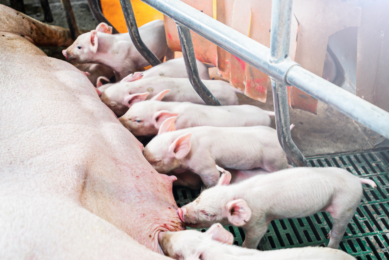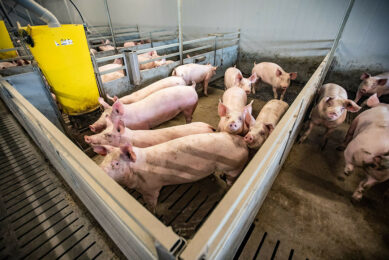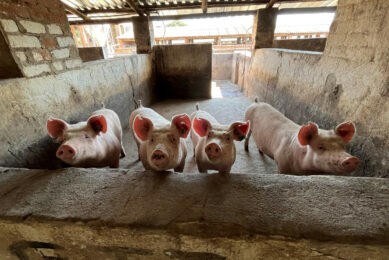Smithfield pledges to reduce emissions

Smithfield Foods promised to reduce greenhouse gas emissions in the United States by at least 6% by 2010.
The Smithfield pledge is legally binding because the company joined the Chicago Climate Exchange, a voluntary market where companies can trade pollution credits. Each company that joins the exchange must reduce its emissions by 6%.
Appeasing critics
The move comes on the heels of Smithfield setting a timeline to gradually phase out the much-criticized gestation crates that pigs are raised in. Voluntarily joining a market that gives the company incentives to combat global warming will be another step toward appeasing critics.
Smithfield recently ended an experiment trying to create bio-diesel, but it still has a bio energy subsidiary that converts methane gas into energy it uses. The company said it is trying to reduce its dependence on fossil fuels, and has created a bio energy task force.
Pig waste
One of Smithfield’s major sources of pollution is the methane gas that emanates from the lagoons that hold pig waste. Smithfield is capturing the methane and using it as energy in boilers that heat its facilities.
Related links:
Smithfield Food
Dossier AllAbout Bio Energy
To subscribe to the free PigProgress.net newsletter click here.











